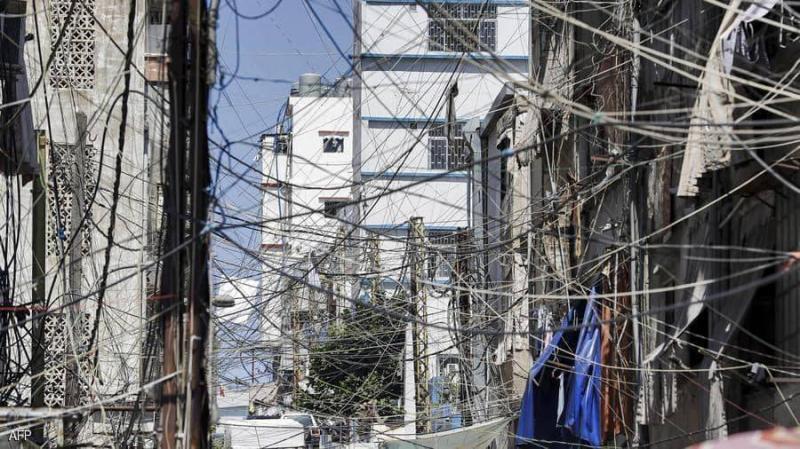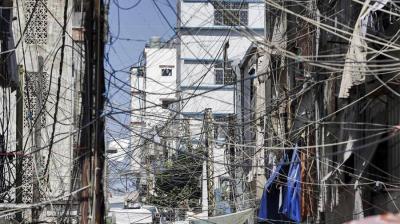The electronic newspaper "Al-Anba" stated: It is true that the Council of Ministers has announced the approval of the electricity plan and the construction of two plants in Zahrani and Deir Ammar, but how can the Lebanese trust the delayed electricity promises made by the Minister of Energy, Walid Fayyad, last September? He had set the beginning of 2022 as the date for importing energy from Jordan, only to later set another date in March and then postpone it to April 1, only to reveal it was a "big lie" because he failed. Now he returns to the tune of building plants in Deir Ammar, Zahrani, and Selaita, knowing full well that the idea of creating an electricity plant in Selaita was rejected by the Council of Ministers over two months ago. In this context, Anis Nassar, a member of the Strong Republic bloc, asked in a conversation with "Al-Anba" about this late awakening of Minister Walid Fayyad to build the plants, noting that he has less than a month and a half left in government. He added, "A few months ago, he promised us Egyptian gas and electricity from Jordan, as he previously promised 24-hour electricity."
Nassar questioned the timing of the discussion around the electricity plan and asked, "What happened to the plans of 2010 and 2015? How can they be translated into reality?" He cited Kuwait, which promised to build two plants on the condition that it supervises the implementation, but Gebran Bassil rejected that, and then German Siemens made a similar offer, which was also rejected by Bassil because he wanted to take charge of the implementation. He substituted building plants with ships; what was the result?" He described the electricity saga as a minor joke, all thanks to the esteemed ministers who have succeeded each other in the Ministry of Energy.
Mohammad Bassem Paskhous, a member of the Progressive Socialist Party's leadership, noted through "Al-Anba" that the electricity plan has become like the story of a pot of oil. He questioned how the Minister of Energy could go about establishing plants without inviting bids or tenders, how implementation could proceed under the current circumstances, who would bring the funding, which companies would take on the implementation, and where the mechanisms and conditions documents are, and what the opinion of the tender department that would study and provide feedback is, describing what is happening as "propaganda." He said, "There is no hope for Jordanian electricity, and all that Minister Fayyad can do is distribute smiles, test his singing talent, and entertain the crowds."
On the living line, as the flour crisis topped the concerns of the Lebanese, in response to the remarks of the Minister of Economy, Georges Barbare, the Director of the Office of Grains and Sugar Beet, pointed out in a call with "Al-Anba" that the country is in a crisis regarding flour, discussing the existing shortage of this material: "Flour is available in some mills, while others have been without flour for some time. There is a quantity of wheat sufficient for a month, but it is not supported by the Central Bank of Lebanon, and the government must address this issue. Additionally, there are ships that have unloaded their cargo of flour, while others are still waiting for the Central Bank's decision. Once the credits are transferred, the crisis will be resolved."
While crises accumulate without practical solutions, people want actions, not words, because things are heading from bad to worse, and nothing has been achieved from all the promises. Concerned about their future, the Lebanese need actions that reassure them that what lies ahead is not more distressing.




